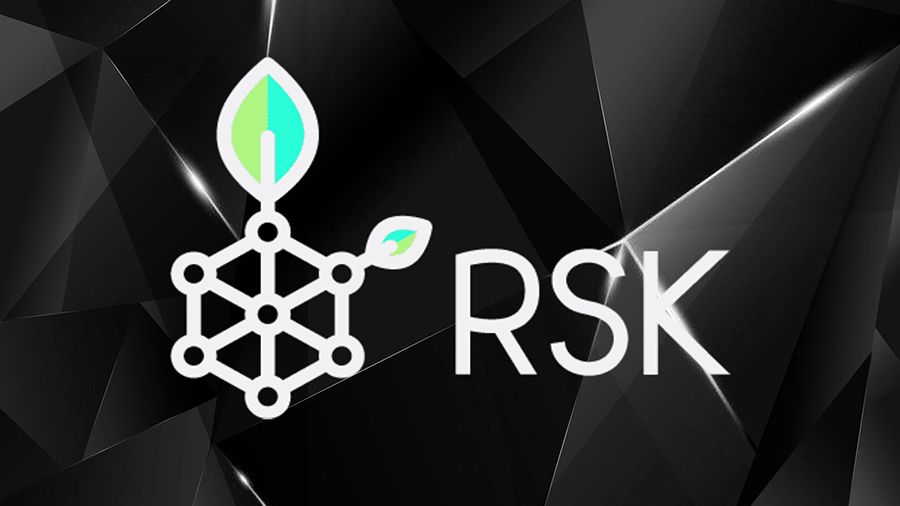The developers of IOV Labs, who launched the RSK Bitcoin sidechain, announced the possibility of using the DAI stablecoin from the Ethereum blockchain.
The integration will allow the transfer of DAI coins from Ethereum to the RSK sidechain so that they can be used in the Bitcoin-based decentralized financial ecosystem. For this, a mechanism developed by the RSK Infrastructure Framework (RIF) team is used, which serves as a “bridge” for the transfer of Ethereum-based tokens. This bridge blocks coins on the Ethereum blockchain and generates an equivalent amount in RSK, thus enabling decentralized pegging through smart contracts.
IOVLabs said the audit was conducted by Trail of Bits and the Maker Foundation’s integration specialists. The trading pairs for RSK DAI (rDAI) were created based on RSK Swap, a fork of the Uniswap protocol.
IOVLabs CEO Diego Gutierrez explained that rDAI was created as an alternative digital asset, with which transactions will cost much less, and this will help avoid congestion on the Ethereum network. Ethereum’s high gas cost and lack of scalability are hindering the adoption of DAI in the retail market, Gutierrez said. In particular, we are talking about traders who do not receive the desired services in traditional markets and are interested in conducting transactions for small amounts with low commissions.
Gutierrez said that, thanks to merged mining, using DAI on the RSK sidechain will be as secure as it is on the Bitcoin blockchain. In addition, transaction fees will be 50 times lower than current fees on the Ethereum blockchain.
IOV Labs is positioning RSK as a Bitcoin-based decentralized finance platform. In February, IOV Labs launched a tool that allows RSK and Ethereum-based cryptoassets to be transferred between Bitcoin and Ethereum blockchains, including Ether and ERC-20 tokens. The firm announced last week that it will partner with Grupo Sabra to create an Extrimian platform for developing enterprise decentralized blockchain solutions.







